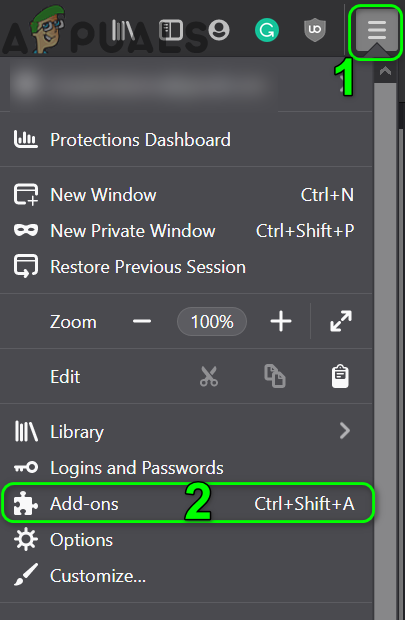
Mozilla then recommends you change the filename to add an X in front, which will remove the plugin. In Firefox itself, you have to type about:plugins, then find the file path for that plugin and navigate to it in the Finder. You can also remove a plugin with CleanMyMac's Extensions tab, which is actually a lot easier than using Firefox. Once the problem reappears, you'll know it was likely caused by the last plugin you re-enabled. Restart Firefox each time and then try to recreate the error. If the problem is gone, turn the plugins back on one by one, just changing that Never Activate option back to Always Activate. In the Add-ons Manager's Plugins panel, you can select Never Activate for each plugin, then restart Firefox and see if the problem is still happening. To check for that, click the Menu button, and then choose Add-ons. When Firefox stops responding to your clicks it's very likely that one of your installed plugins is the culprit. If you see Firefox using too much memory or CPU, you need to take some action. However, to see the whole picture, get a pro-level app, such as iStat Menus.

For basic information, you can use Mac's native Activity Monitor. If the problem persists, check for high hardware resource usage.
#New firefox not responding update
If you see new updates for macOS, click Update and follow the restart instructions.
#New firefox not responding software
Go to the Updates tab and wait till it shows you all the new software versions available. When it's ready, click Restart to Update Firefox and you are ready to go. The latest available update should start downloading automatically. When Firefox is active, just click on Firefox in the menu and select About Firefox. If closing tabs and clearing the cache didn't work, it's a good idea to update Firefox and macOS to its latest versions. Change the time range to Everything, and you can clear all of the cookies, browsing history, downloads history, tabs, saved passwords, and even autofill values.

Just click Privacy in the sidebar and then choose Firefox from the list.

Those are big conveniences if they work the way they're supposed to, but sometimes cache and cookies can cause glitches and slowdowns. Clear Firefox cookies and cacheĪll the websites you visit leave behind cached image files, which are supposed to speed up load times, and cookies, which can save you from having to log in over and over. If they are important to remember, save them to bookmarks or stash them in a special "Read Later" list in a to-do application such as 2Do. Just close the tabs you're not actively using. More than a few? Active tabs mean active processes that take up your laptop's RAM and drastically slow down its capabilities. Here we've listed some suggestions that should get your Firefox run faster. It seems like it's almost working, but you can't get anything done. Slow Firefox browsing experience is truthfully beyond annoying.


 0 kommentar(er)
0 kommentar(er)
